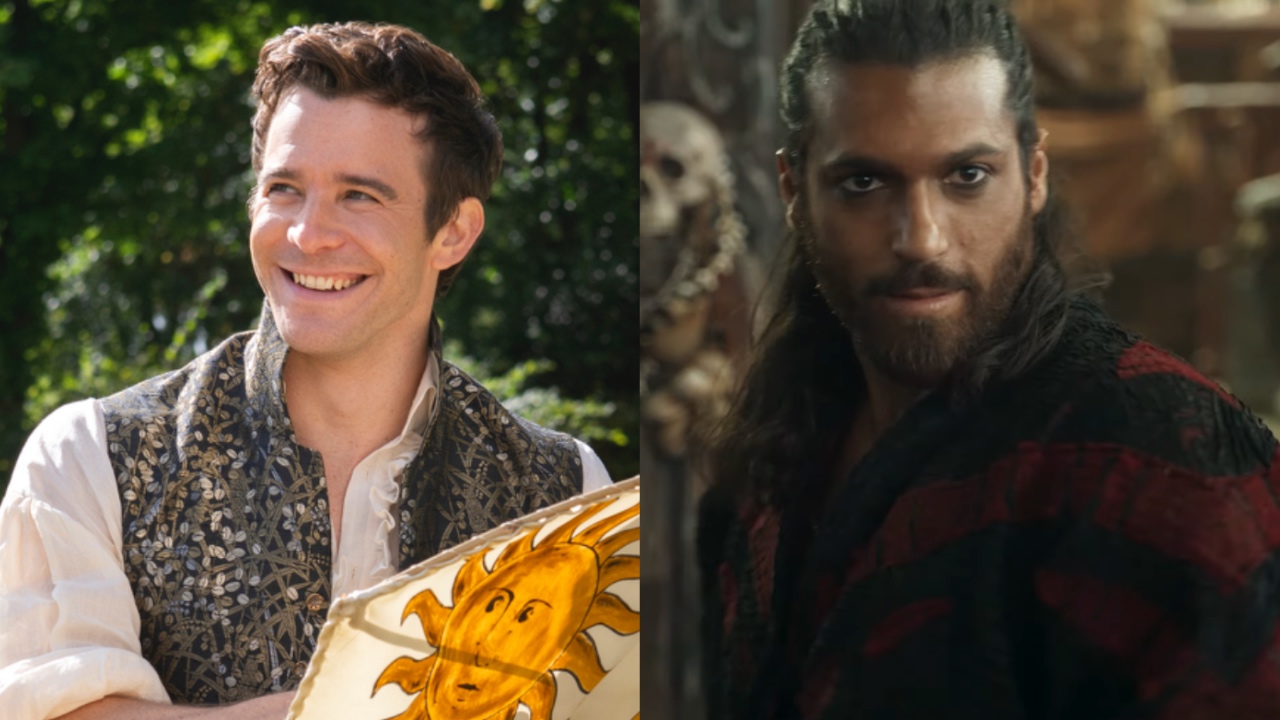The Biggest Joker Criticisms From Those Who Don't Like The Movie
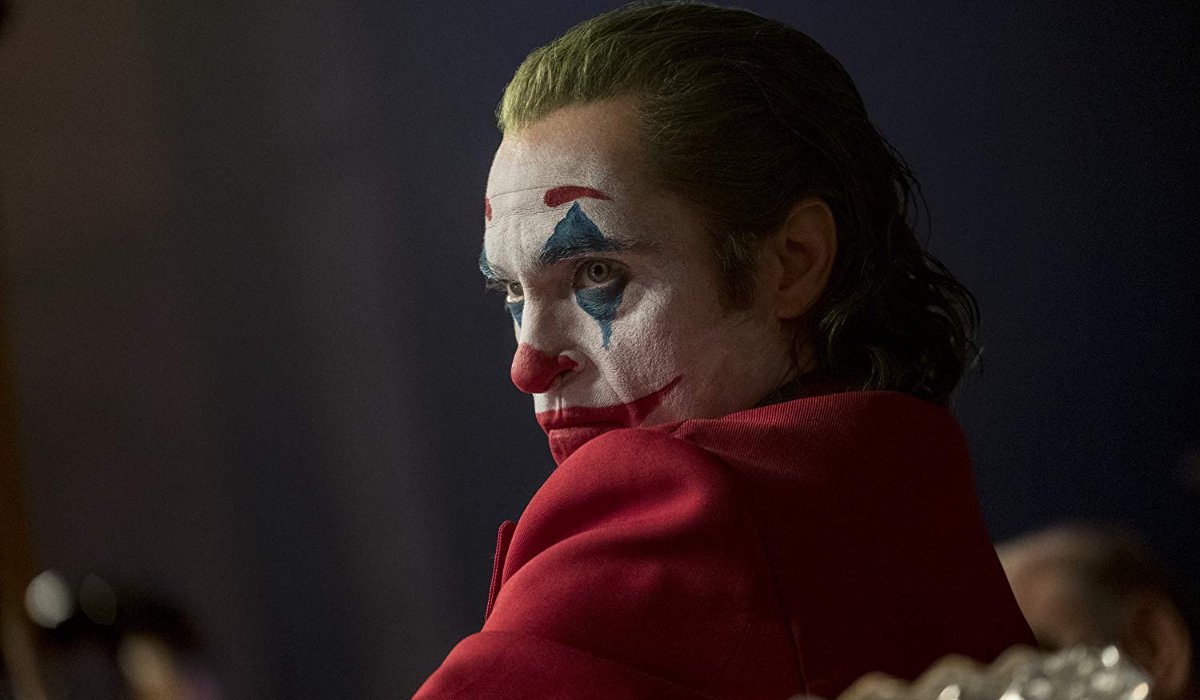
Warning: SPOILERS for Joker are in play. If you haven’t seen the film yet, you should definitely turn around and come back once you’ve caught up.
Director Todd Phillips’ Joker broke box office records, and kept the huge conversation surrounding his film going at a fast and frenetic pace. Acting as a true Rorschach test of a film, people’s reactions to the movie have either been over the moon or sprawled out on the pavement. While the former has gotten a lot of attention, it’s perhaps time to look through the biggest criticisms from those who weren’t as taken with the movie.
It’s true that there are aspects to admire when it comes to Joker, but the case against the film is equally compelling. Looking through these criticisms, we can begin to understand not only where some fans may have felt let down, but we can also see where Joker truly succeeds. What we’re about to go over isn’t for the purpose of tearing this film down. Rather, we’re trying to shed a little more light on the finished product that is Todd Phillips’ entry into the darker side of the DC cinematic canon.
This is the last call for all you spoiler-adverse readers to drop out, as we’re about to dive into what makes Joker a gag with no punchline for those who have seen it.
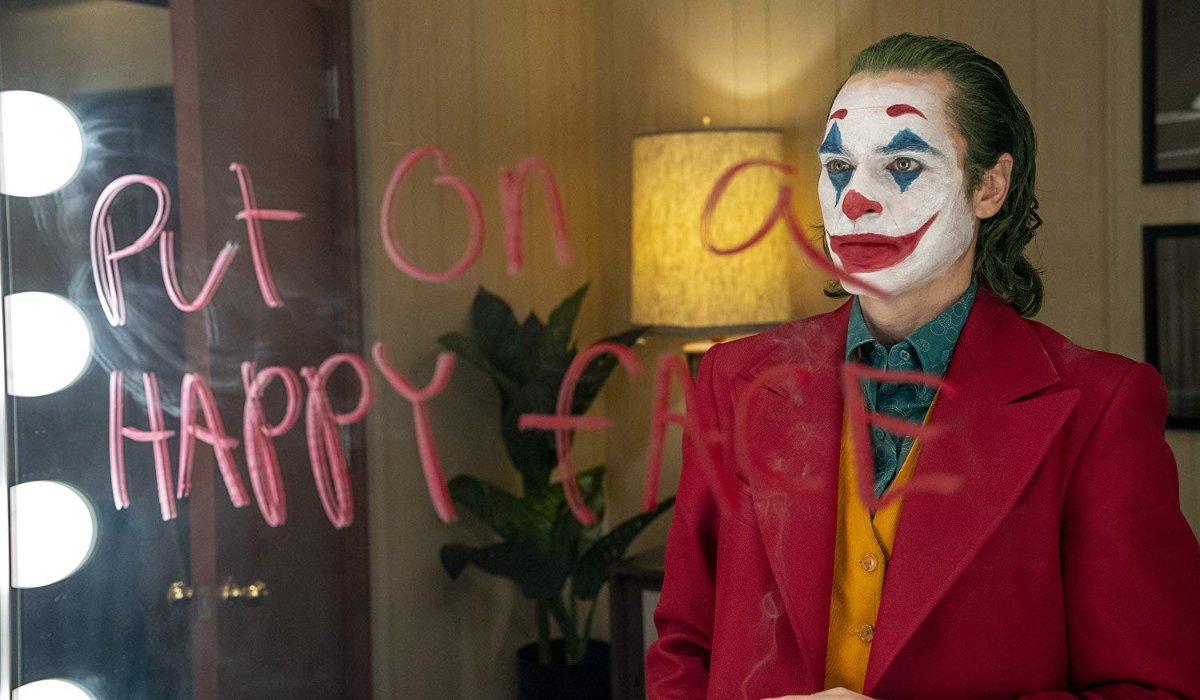
There’s Not A Lot Of Comic Material In This Experimental Comic Movie
As far as Joker is concerned, the label of an “experimental” comic book movie just barely makes this particular story a part of the genre it’s trying to twist. And yet, the most conclusive links between the mythos of the film and that of the Batman universe are that it takes place in Gotham City and the Waynes are involved. Other than that, it’s basically not very tethered to the world of Bob Kane and Bill Finger’s comic origins for the character.
While that’s definitely what some could say Todd Phillips and Joker co-writer Scott Silver were trying to aim for, some may find that watching a movie barely connected to the world that makes The Joker who he is kind of missing the point. On one hand, this does open up accessibility to those who aren’t devoted to the comics. But on the other, why did The Joker need to be the character to tell this story if there’s little to no interest in bringing in the comic source material?
Powered by RedCircle
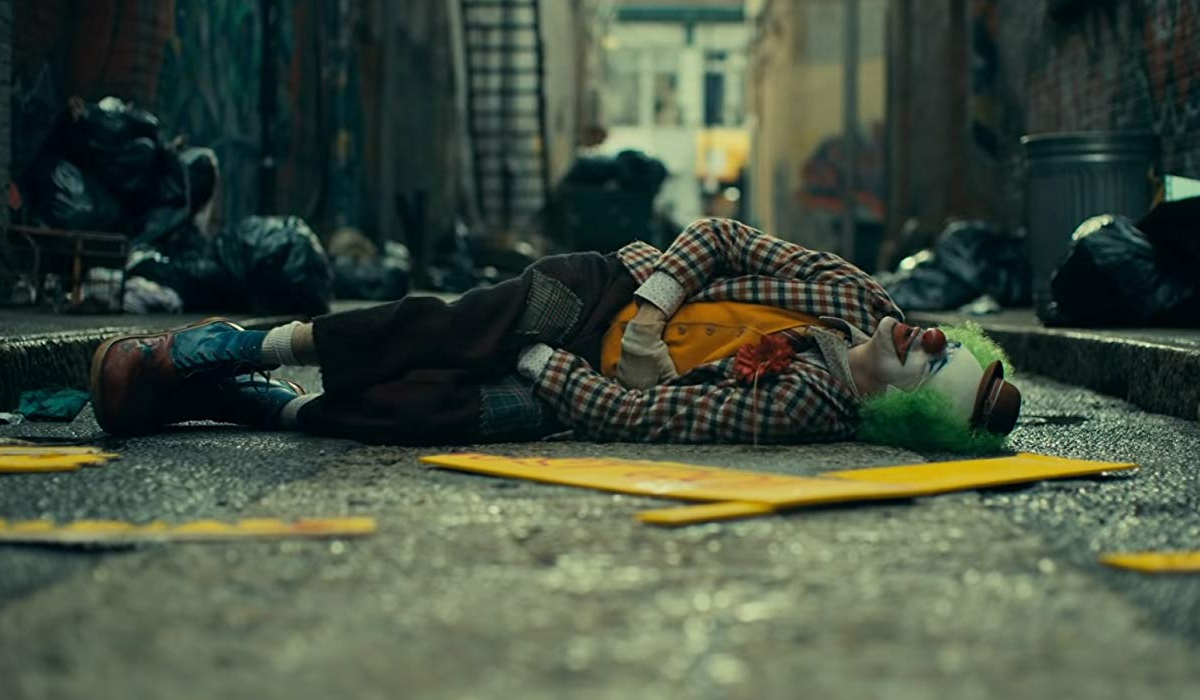
Joker Feels Nasty For The Sake Of Being Nasty
Some audience members feel that in terms of Arthur Fleck’s variant of the Joker character, his actions are nasty without any deeper justification to warrant them. It’s not that Arthur Fleck’s variant of the Joker character isn’t allowed to be nihilistic or violent, but rather the fact that he seemingly does so to carry out a petty grudge belittles his actions at large.
Your Daily Blend of Entertainment News
Not to mention, The Joker has always been a clown prince of crime; one who thinks on such a grand scheme that his actions wouldn’t be limited to just landing an appearance on a talk show in order to kill the host for hurting his feelings. Typically, The Joker does what he does to send a message, whereas Arthur Fleck’s Joker archetype is petty without much reasoning or message. His work just happens to capitalized on a societal undercurrent that was already there, but he’s not actively seeking it.
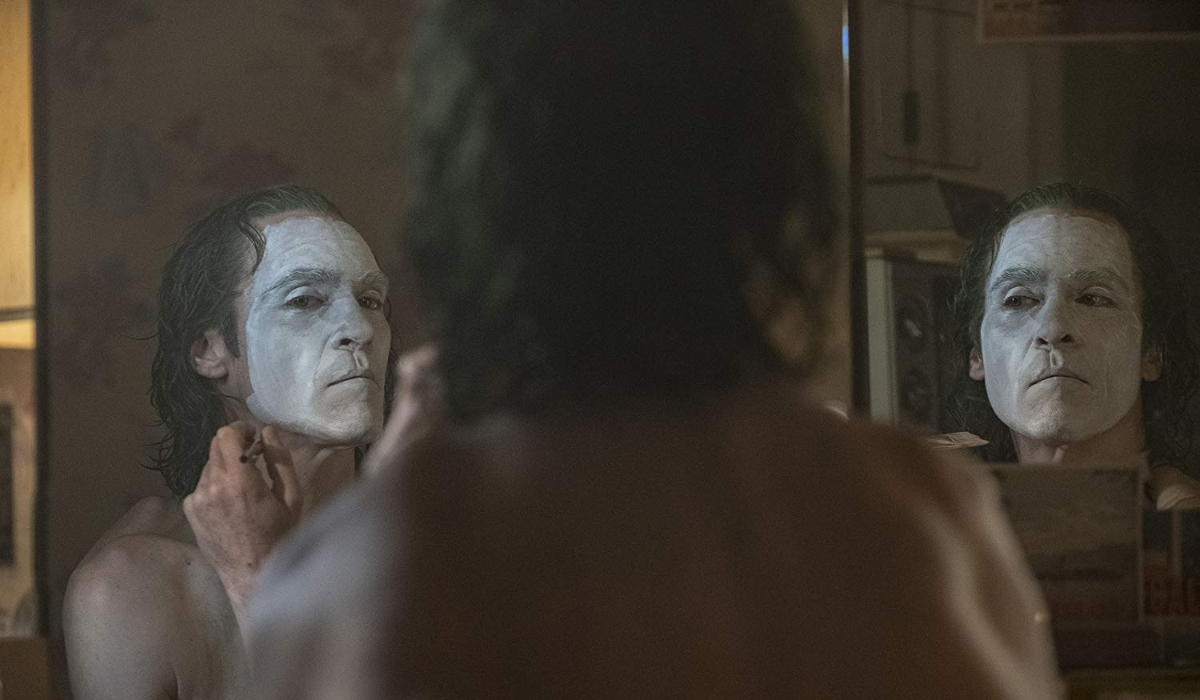
Arthur Fleck Doesn’t Seem Like A Terribly Deep Character
Actor Joaquin Phoenix’s performance as Arthur Fleck, and in turn his Joker alter ego, is certainly transformative. Seeing Arthur go from a timid, put upon loner into a full blown murderer does give Phoenix one hell of a platform to put his thespian skills to work, there’s no question about that. But even then, Arthur doesn’t feel like a very deep character to root for, or even be intrigued by his descent.
While some would say the Joker’s lack of identity is what forges him, the character is usually more captivating than just a standard sob story. Just as his motives aren’t very deep or tied to any real political action, Arthur Fleck really wants to be the center of attention. That’s it, despite the fact that the subplot involving his potential relation to Thomas Wayne is thrown in for some more backstory gumbo that never fully cooks.
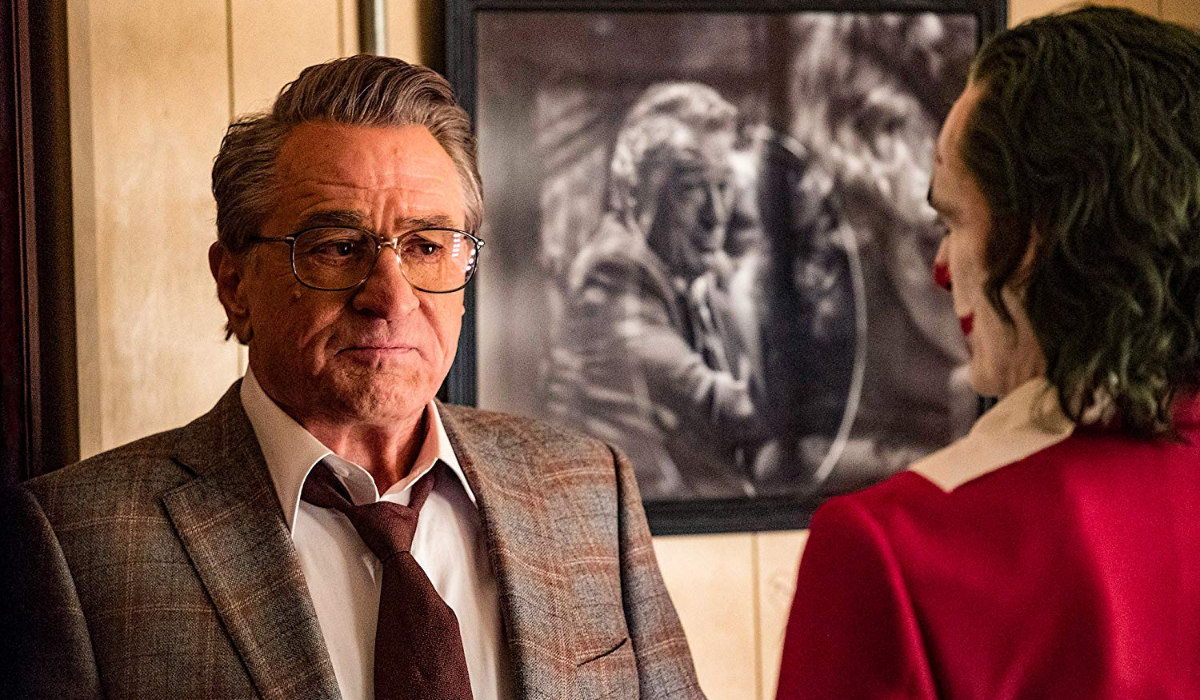
All Of The Scorsese References Are Way Too Obvious And Distracting
Going into Joker, there were two Martin Scorsese films that looked to be mashed together with the actual Joker storyline that writers Todd Phillips and Scott Silver wanted to tell. Both Taxi Driver and The King of Comedy were huge reference points to Joker’s narrative, with the debate over which film was the greater influence still raging on.
And yet, when it came to how those iconic films were used in Joker’s storytelling game plan, it felt like every time both of those films were invoked, it distracted away from the film. One could say that the usage of previous pop culture touchstones was perhaps a meta way of drawing the comparisons to how Arthur Fleck interacts with his own viewpoint on pop culture. However, to some, that message gets lost as Joker feels like it sometimes rips those movies off very blatantly, and without any deeper meaning.
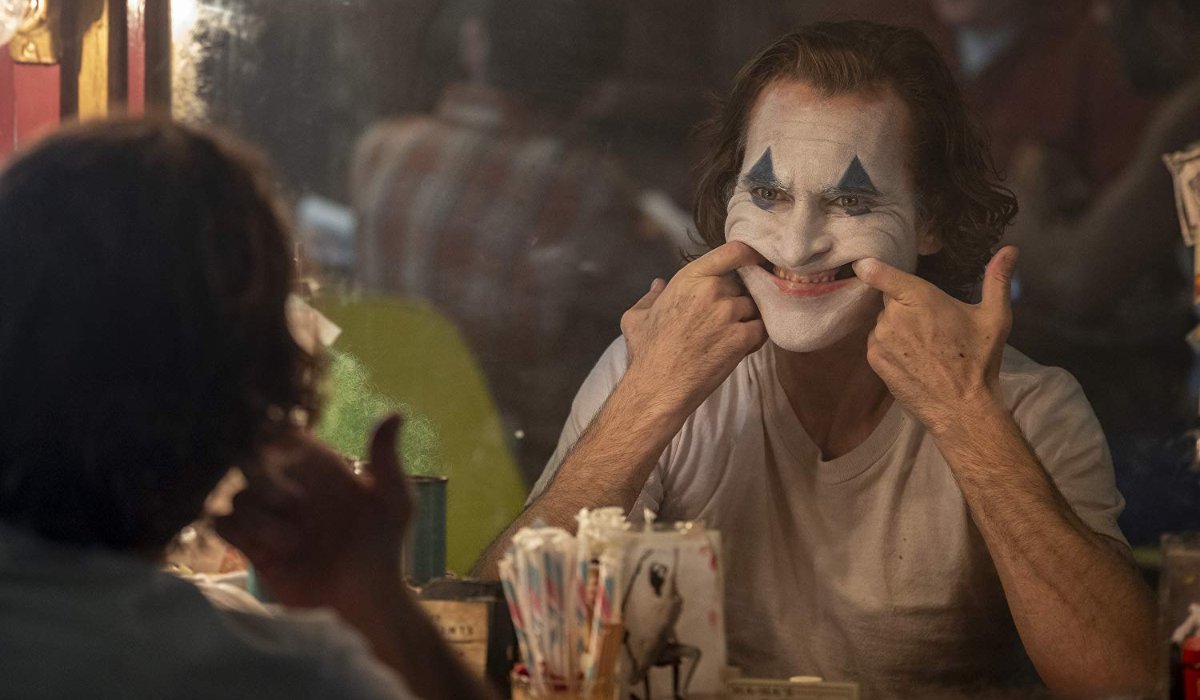
This Joker Movie Has A Wildly Different Intent For The Joker Character
Perhaps the greatest criticism against Joker is not the fact that it isn’t a particularly deep or affecting film, but rather that it betrays the character of The Joker to a wide extent. By giving Arthur Fleck a tragic backstory, or any sort of solid backstory at all, it undermines The Joker’s allure. We’re not supposed to “understand” him through a tragic past or a grudge he’s supposed to settle; because he’s anarchy and chaos personified.
The Joker isn't out for revenge, he's out for laughs. It’s a characteristic that, while not being mutually exclusive to narcissistic tendencies of Arthur Fleck, doesn’t mesh well with Arthur’s one track mind as shown in Joker. It’s been interpreted that when Arthur says he’s not about politics in the film, he’s lying; and that’s perhaps the greatest contrast between the typically apolitical villain and his latest incarnation.
If you remove the Joker name from the film, audience expectations would drastically change, as without the predetermined history of The Joker’s methodology and character, Arthur Fleck is allowed to be himself. This, in turn, would have better sold Todd Phillips and Scott Silver’s point of what happens to a mentally unstable person becomes an overnight political statement.
As it stands though, it’s not hard to see why some DC Comics fans weren’t as taken with Joker as others. It’s also why we would highly recommend that if you’re even remotely interested in seeing the film, or have already braved opening weekend weirdness to see it and are still not sure how to feel about it, that you experience it for yourself.
Rorschach tests reflect what the subject is thinking, and ultimately what Joker says to you depends on your unique viewpoint in life. So no matter what anyone says to you about the film, don’t let it deter you if you’re curious. You might just get more out of it than someone else did, and that’s what keeps the conversation moving in the right direction.
Joker is in theaters now, and if you’re ready to move into another corner of the vast box office landscape, the 2019 release schedule is available to help you find something exciting in the near future.
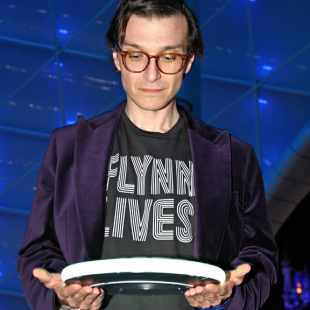
Mike Reyes is the Senior Movie Contributor at CinemaBlend, though that title’s more of a guideline really. Passionate about entertainment since grade school, the movies have always held a special place in his life, which explains his current occupation. Mike graduated from Drew University with a Bachelor’s Degree in Political Science, but swore off of running for public office a long time ago. Mike's expertise ranges from James Bond to everything Alita, making for a brilliantly eclectic resume. He fights for the user.
